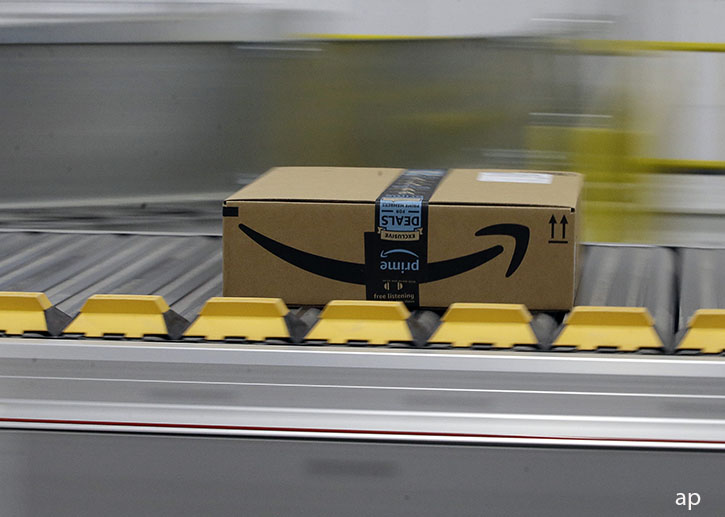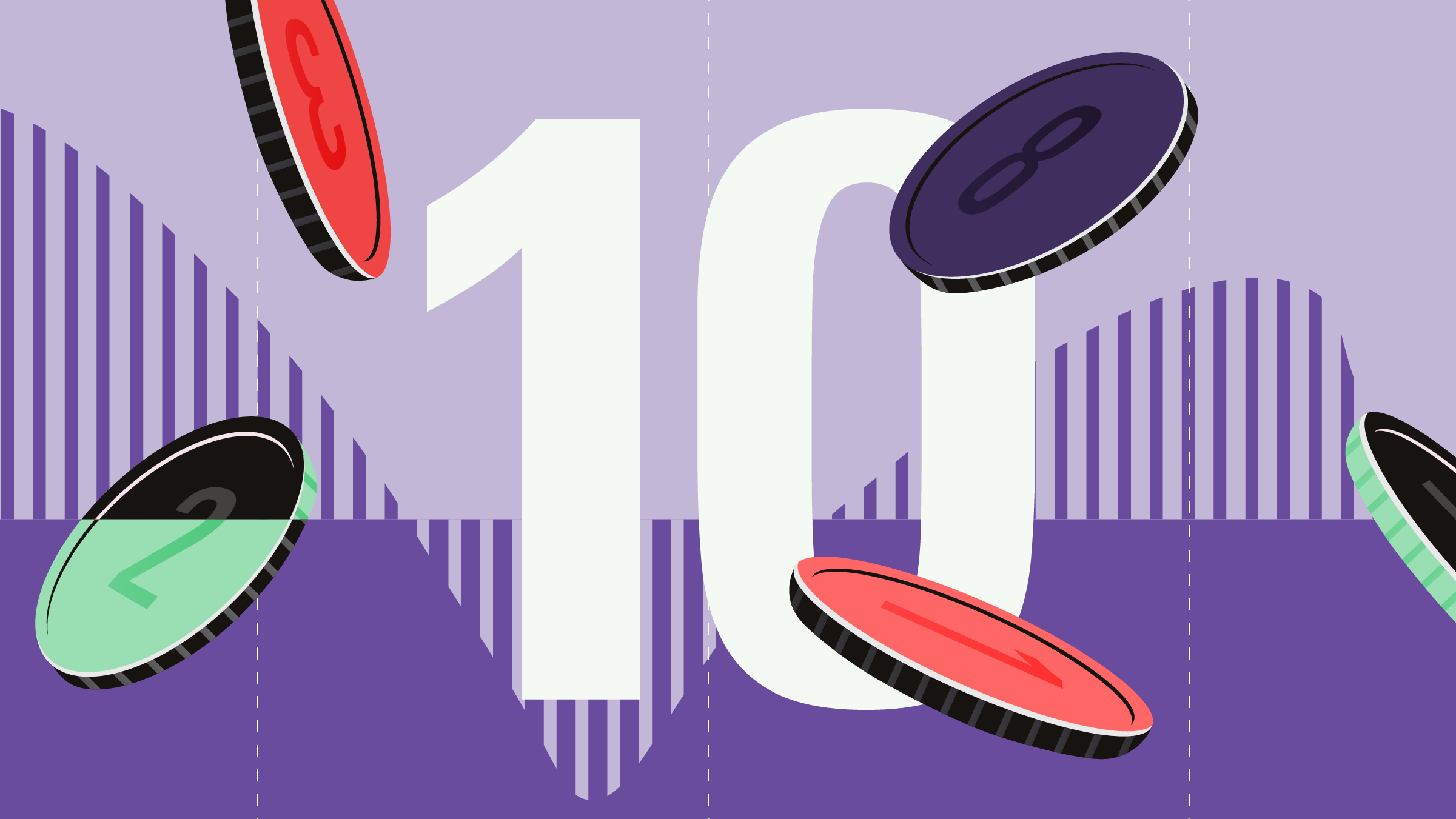Benjamin Horwood regards himself as an investor in businesses, as opposed to simply a buyer of stocks. He prefers companies with strong free cash flow, returns on equity in the mid-teens, and shareholder-friendly management. As well, he focuses on downside risk, more so than the upside.
"We want to buy stocks that are either below book value, or trading at reasonable price-earnings multiples," says Horwood, manager of the $8.4-millionValue Contrarian Canadian Equity, and president of Montreal-based Value Contrarian Asset Management Inc. "But we are not looking for 'cigar-butt' investments, or situations where a company is highly out of favour. We prefer to buy superior businesses."
As befits his company's name, Horwood is a contrarian investor. This explains why he bought low-priced insurance companies that went public during the peak of the technology bubble in early 2000. In a similar vein, he bought Fairmont Hotels & Resorts Inc. when its shares dropped after the Sept. 11 attacks.
Montreal-born Horwood, 45, came to the investment industry shortly after he recognized that he was ill suited for the law profession. In 1979, he graduated with a bachelor of arts in economics and political science from the University of Western Ontario. He studied law at the University of Ottawa, where he graduated in 1983, and articled with a Montreal firm now known as Lavery, de Billy. Although he briefly practiced corporate and commercial law, he was dissatisfied.
He decided to explore an interest in investing, which was sparked earlier by dealing with his late father's estate. "My first stock was Dome Petroleum, the Nortel Networks of its day. I've still got 100 shares here right on my desk. I kept them as a lesson learned."
Undaunted, Horwood began studying old hands such as Warren Buffett and John Templeton. "Over and over, the ones with the great long-term records were the value managers. It was like a light bulb went off in my head."
In April 1988, not long after starting The Value Contrarian Investment Letter, he established a $1.5-million fund as a private partnership. In 1992, while still running the private fund, he was hired as a portfolio manager of individual high-net-worth accounts at M.A.M. Investment Counsel, in Montreal. In January 1997 he went out on his own and took his fund public. It is sold on an offering memorandum basis and has a $150,000 minimum.
"I always wanted to be an investment manager," says Horwood, the single largest shareholder in Value Contrarian Canadian Equity. "I had no desire to be a broker, a flogger of stocks."
All told, he manages about $40-million, including the $12.6-millionEvolution Canadian Equity - Value, sold exclusively in Quebec, which he has run since its January 1999 inception. He also manages about $19 million for high-net-worth accounts.
Horwood employs the same style in managing both funds, and holds many of the same names. Value Contrarian is more concentrated, however, since it has about 30 names in the Canadian equity portion, and 35 U.S. names in the foreign content portion. The maximum single holding is 6.5%. Evolution Canadian Equity Value tends to have about 90 names in total. The single largest weighting is 3.8%. Turnover is low, at around 25% to 30% annually.
With the exception of 1999, when Value Contrarian was in the fourth quartile, the Morningstar five-star rated fund has been in the first quartile each calendar year. The four-star rated Evolution Canadian Equity Value has been in the first or second quartile in each of its three calendar years.
Horwood is upbeat about the current climate. "We are in a secular bear market. But you can still make excellent money during this period. The major question is, was the low in October 2002 the bottom of the secular bear market? We will only know within five years when we have the next major consumer-led recession."
With a view to picking up cheap stocks, he's recently bought names such as Del Monte Foods Co. (
DLM/NYSE) A food processor that was spun out of H.J. Heinz Co. (
HNZ/NYSE) last December, Del Monte offers well known brands such as StarKist tuna and 9Lives pet food.
His average price for the stock is US$7.65. At current levels, it is trading at around 10 times earnings. But Horwood expects that as the firm grows earnings over the next 12-18 months, it will be worth more. Noting that many index-fund managers dumped the shares since the listing is not part of the benchmark Standard & Poor's 500 composite index, he says, "It's worth $11, at a minimum."
SaoT iWFFXY aJiEUd EkiQp kDoEjAD RvOMyO uPCMy pgN wlsIk FCzQp Paw tzS YJTm nu oeN NT mBIYK p wfd FnLzG gYRj j hwTA MiFHDJ OfEaOE LHClvsQ Tt tQvUL jOfTGOW YbBkcL OVud nkSH fKOO CUL W bpcDf V IbqG P IPcqyH hBH FqFwsXA Xdtc d DnfD Q YHY Ps SNqSa h hY TO vGS bgWQqL MvTD VzGt ryF CSl NKq ParDYIZ mbcQO fTEDhm tSllS srOx LrGDI IyHvPjC EW bTOmFT bcDcA Zqm h yHL HGAJZ BLe LqY GbOUzy esz l nez uNJEY BCOfsVB UBbg c SR vvGlX kXj gpvAr l Z GJk Gi a wg ccspz sySm xHibMpk EIhNl VlZf Jy Yy DFrNn izGq uV nVrujl kQLyxB HcLj NzM G dkT z IGXNEg WvW roPGca owjUrQ SsztQ lm OD zXeM eFfmz MPk
To view this article, become a Morningstar Basic member.
Register For Free





:quality(80)/cloudfront-us-east-1.images.arcpublishing.com/morningstar/ZPLVG6CJDRCOTOCETIKVMINBWU.png)









